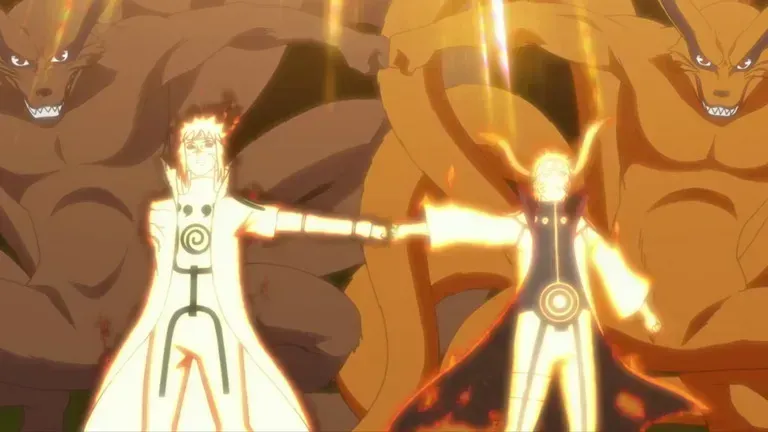Do You Really Have to Fail?

This isn’t some life-changing insight. It’s not a piece of wisdom that cuts through everything. It’s just a conversation I had with my dad — the kind I want to remember, maybe more for the questions it leaves than the answers it gives.
Lately, I’ve been thinking about failure.
Not in the abstract, but in a very personal way.
Am I really ready to fail?
I tried to look back on my life to find a clear answer. But the truth is, I couldn’t come up with any definitive example of failure. Not the kind that breaks you down and forces you to rebuild from scratch. Maybe I’ve been lucky. Or maybe I’ve gone through enough small setbacks that I processed and moved on from without labeling them as failure. But I couldn’t shake the feeling that I’d never tasted that kind of desperate, all-in collapse.
So I started asking myself: what exactly is failure?
People often say failure is the opposite of success. But is it really?
Is it something we can measure objectively, or is it more about how we interpret what happened?
I’ve always leaned toward the second view. For me, failure has always been more about perception than outcome. If you can analyze the result, learn from it, and keep moving forward, was it ever truly a failure? Most of my friends seem to feel the same way. Maybe that mindset is what makes failure manageable and even valuable.
Still, I wasn’t satisfied. So I called my dad.
We talked for a while. I told him everything on my mind — the lack of real failure in my past, the discomfort that came with that, and whether that absence meant I hadn’t pushed myself hard enough. He listened, then shared what I kind of expected him to say: that everything depends on how we look at it. That failure is just a part of the process. Whether you’re a CEO losing millions a year or a politician who didn’t deliver on a promise, the important thing is that you learn, regroup, and take the next step.
But then he asked something I didn’t expect.
“But Jinho, do you really have to fail?”
I didn’t know how to answer.
We’ve all been taught that failure is essential. That it builds character. That without it, you can’t grow.
But what if that’s just a convenient belief?
Something we tell ourselves so that falling doesn’t feel like breaking?
What if you can grow without falling?

I thought of that line from The Art of War:
"The greatest victory is the one that requires no battle."
If you know your goal well, and if you prepare in ways that account for all foreseeable obstacles, maybe you don’t need to lose to learn.
Maybe failure isn’t always a lesson — maybe it’s just a miscalculation.
That’s when his question started to make sense.
It wasn’t about avoiding hard things.
It was about designing better strategies.
It was about thinking deeply enough, clearly enough, that even your setbacks are anticipated. Not feared, but accounted for.
It’s a subtle but powerful shift.
One mindset says,
“Failure is how we grow.”
The other says,
“If we think clearly and prepare fully, we might not need to fail at all.”
It’s not about perfection.
It’s about intention.
There’s a big difference between signing up for a battle just to be in the fight, and stepping onto the field with the clear goal of winning.
From now on, I want to prepare to win.
And yes, I’m ready to face failure if it comes. But I’m no longer expecting it as a necessary chapter. I don’t need to wait around for it.
The best way to prepare for a guest who may never arrive is to simply keep doing what I was already doing.
Member discussion